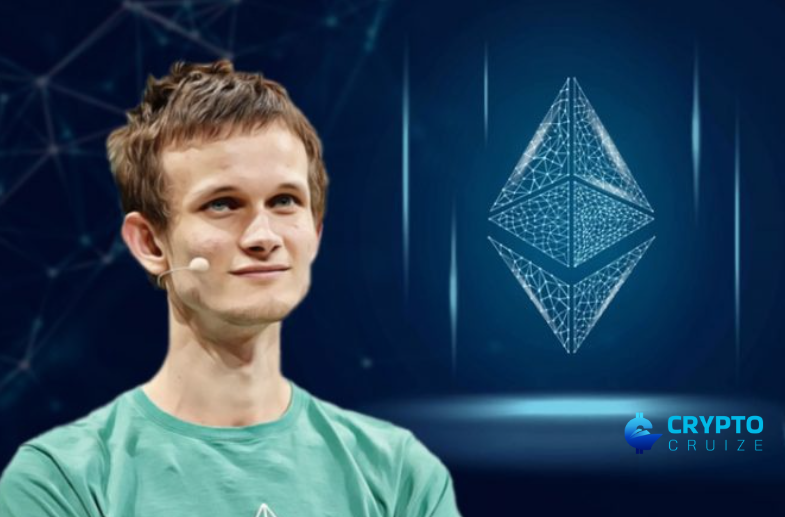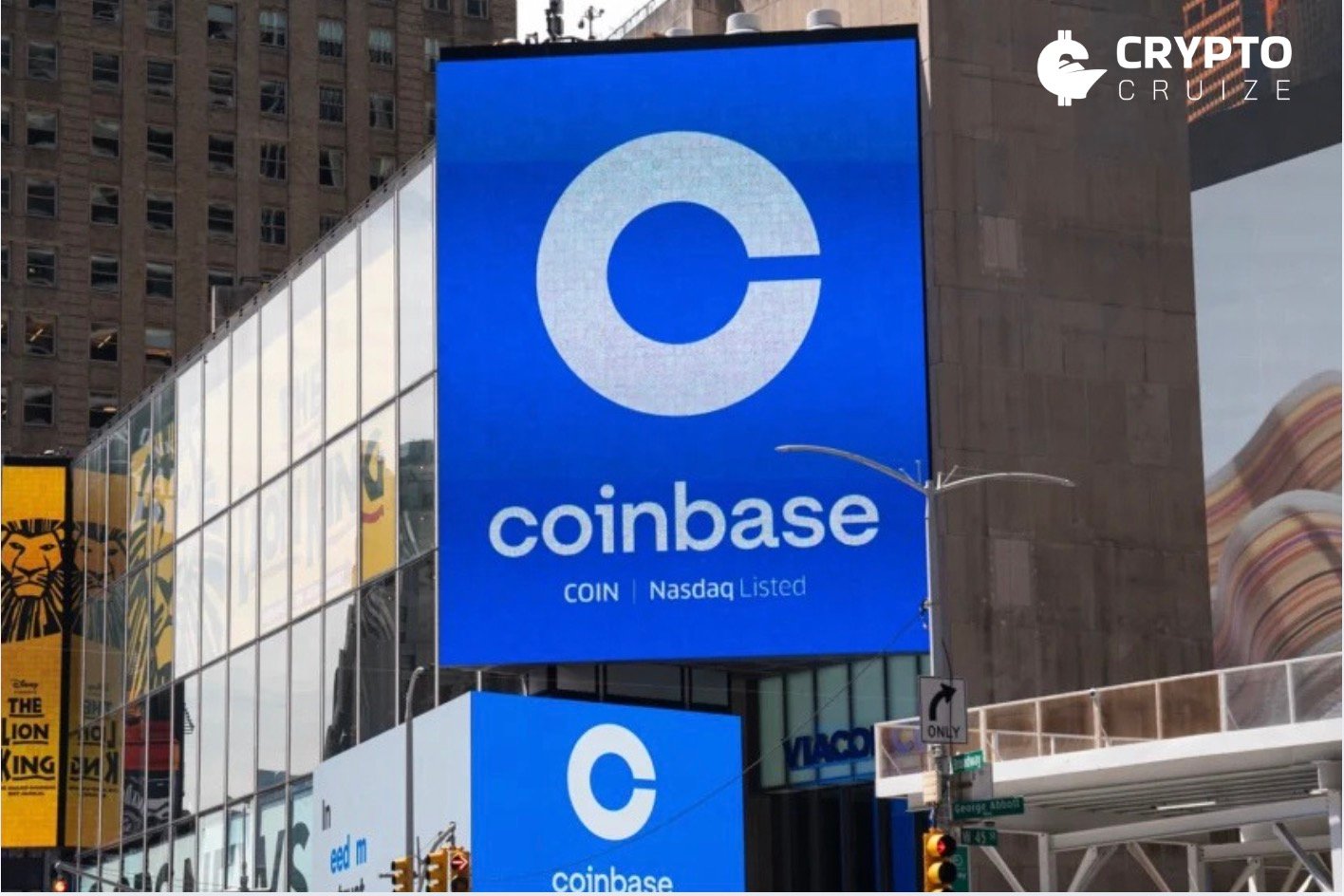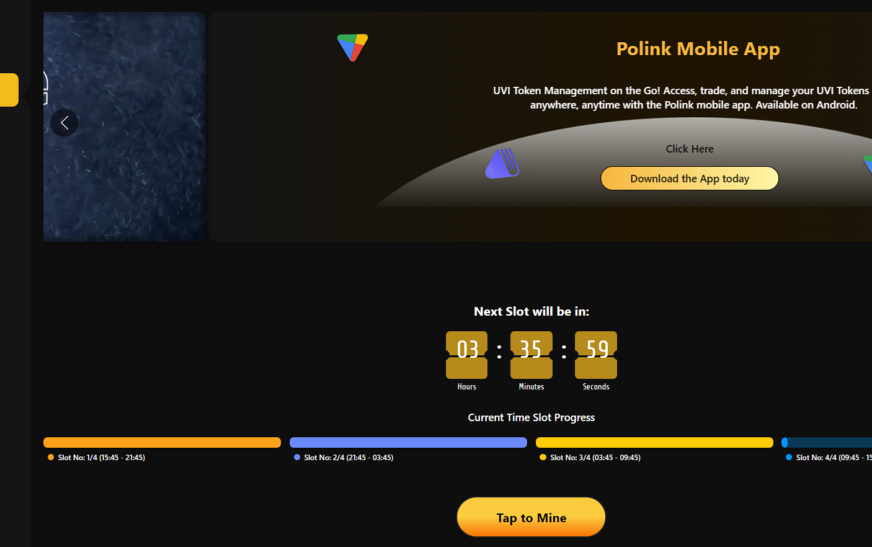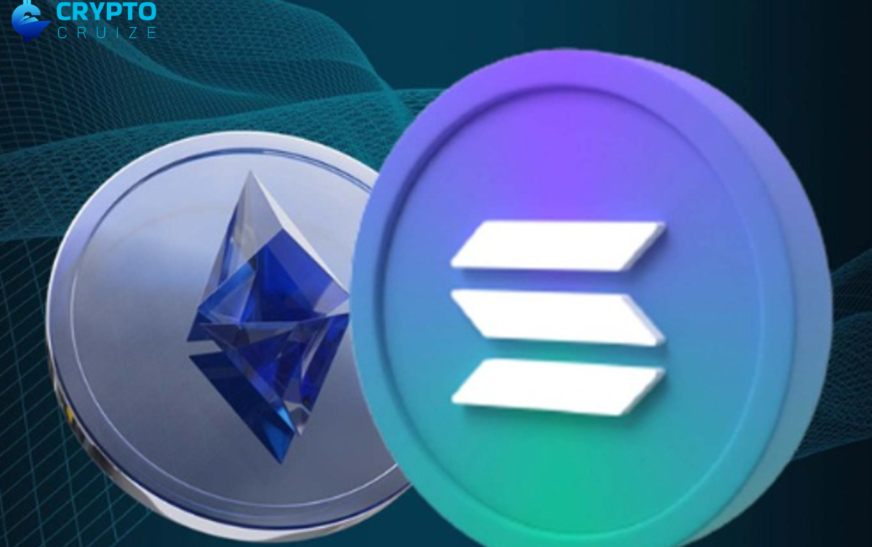On October 3, Vitalik Buterin joined a community discussion on X, advocating for a reduction in the minimum Ether (ETH) deposit required for solo staking. The current requirement to lock up 32 ETH is seen as a barrier to entry, preventing many crypto investors from participating. Solo stakers run full nodes independently, without relying on third-party services or staking pools, making them crucial for the decentralization and security of the Ethereum network.
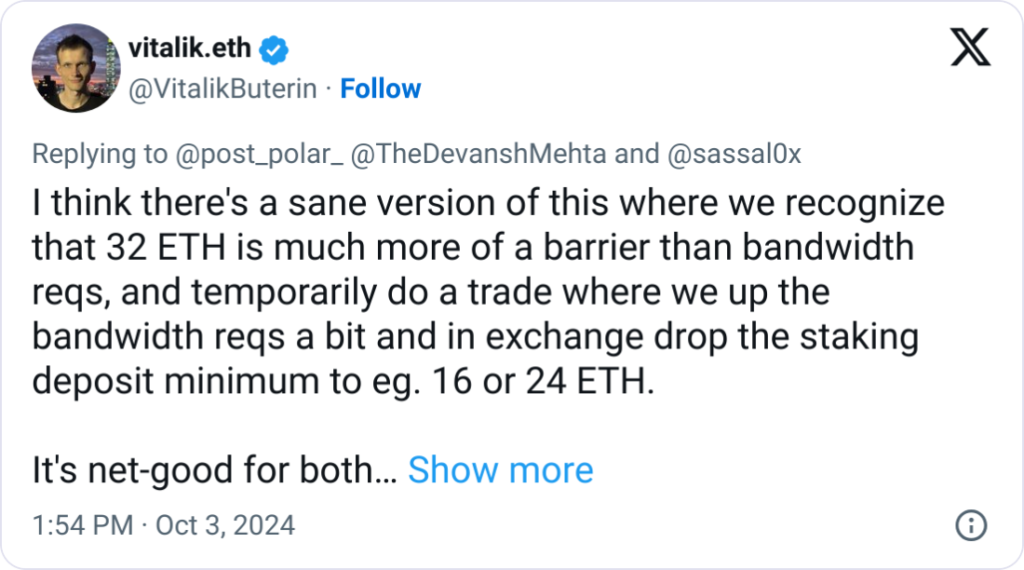
Buterin has long emphasized the importance of solo staking. Speaking at the Ethereum Singapore 2024 event, he highlighted how even a small percentage of solo stakers could help protect Ethereum from 51% of attacks, offering an additional layer of security and privacy.
Proposed Changes to Encourage Solo Stakers
In his recent engagement with the community, Buterin suggested reducing the minimum staking requirement to either 16 or 24 ETH as a temporary solution. However, one Ethereum developer pointed out that increasing bandwidth requirements—part of Buterin’s proposal—could hinder participation, especially in regions with limited internet access.
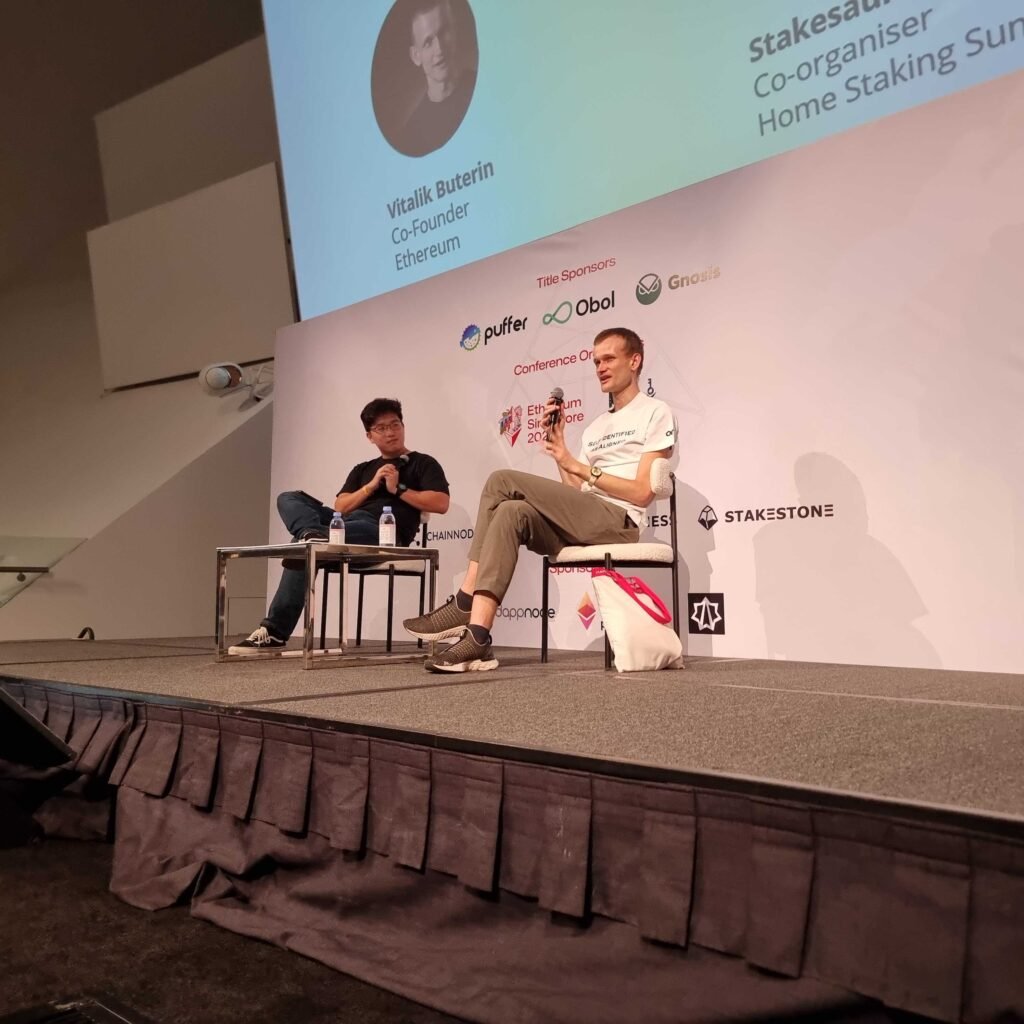
Buterin acknowledged these concerns and expressed optimism about further lowering the staking requirement to just 1 ETH in the future. He suggested that once technical issues, such as peering and bandwidth, are resolved, solo staking could become more accessible to a broader audience.
Decentralization and the Future of Ethereum
Lowering the staking threshold would likely encourage more investors to engage in solo staking, thus contributing to the decentralization of Ethereum. This move aligns with Buterin’s long-term vision for a more secure and decentralized network.
In another recent move, Buterin called for Ethereum layer-2 networks to meet certain technical milestones by the end of 2024, reinforcing his commitment to the network’s advancement and integrity.







































